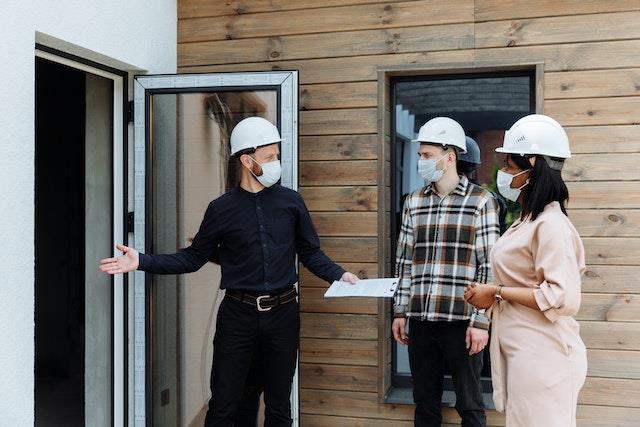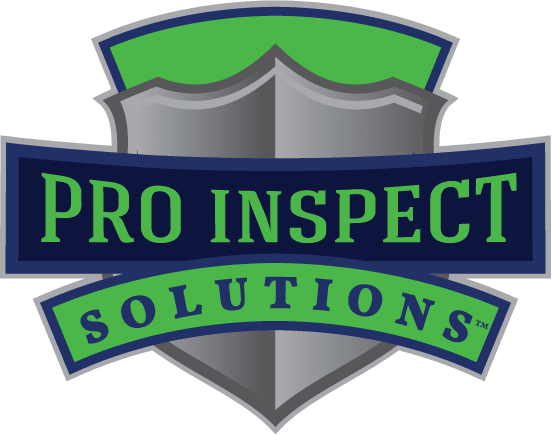
Are Pre-Purchase Inspections Worth It?
Planning to buy a home? Skipping this step could cost you dearly.
Buying a home is one of the most significant investments you’ll make in your lifetime. The excitement of finding your dream house can be overwhelming, but before you get carried away, there’s a critical step you shouldn’t miss: the pre-purchase home inspection. Is it worth the time and expense? Spoiler alert: absolutely. Here’s why.
What is a Pre-Purchase Home Inspection?
A pre-purchase home inspection is a comprehensive evaluation of a property’s condition conducted by a licensed home inspector. This thorough assessment covers the home’s structure, systems, and overall safety, aiming to uncover any hidden issues that could impact your decision to buy or the price you’re willing to pay.
A typical inspection includes an examination of the following:
- Structural Integrity: Ensures the foundation, walls, and other structural components are sound and free from significant issues.
- Roofing and Attic: Checks for leaks, proper insulation, and ventilation issues.
- Plumbing Systems: Evaluates the condition of pipes, water heaters, and fixtures.
- Electrical Systems: Ensures the wiring, outlets, and electrical panels are safe and up to code.
- HVAC Systems: Assesses the heating, ventilation, and air conditioning systems.
- Exterior: Examines the siding, windows, doors, and other exterior elements.
- Interior: Reviews the condition of floors, walls, ceilings, and stairs.
- Insulation and Ventilation: Checks the adequacy of insulation and proper ventilation in attics and crawl spaces.
- Fire Safety: Looks for smoke detectors, fire sprinklers, and escape routes.
- Pest Infestations: Signs of termites, rodents, or other pests.
- General Safety Concerns: Potential hazards like mold, asbestos, or radon.
Uncover Hidden Problems and Save Money in the Long Run
Imagine moving into your new home only to discover a leaking roof, faulty wiring, or termite damage. These are the kinds of nightmares a pre-purchase inspection can help you avoid.
The cost of a home inspection typically ranges from $300 to $500—a small price compared to the potential cost of undiscovered repairs. Identifying issues before purchasing can save you thousands of dollars in unexpected expenses. It also gives you the leverage to negotiate a better price or request repairs from the seller.
Consider the case of a couple who found their dream home in a quiet neighborhood. The inspection uncovered that the electrical wiring was outdated and posed a fire hazard. The estimated cost to rewire the house was $8,000. With this information, they negotiated a price reduction to cover the necessary upgrades’ costs. Without the inspection, they would have faced a significant and dangerous expense shortly after moving in.
Peace of Mind
Knowing the true condition of your prospective home brings peace of mind. You can proceed with the purchase, confident that there won’t be any unpleasant surprises after you move in. This assurance is invaluable and allows you to fully enjoy your new home from day one. The peace gained from a thorough inspection can’t be overstated. Moving into a new home is already a stressful process, and worrying about potential issues can add unnecessary anxiety. A clear inspection report reassures you that your new home is safe and sound, allowing you to focus on settling in and making it your own.
Strengthen Your Negotiating Position
Armed with a detailed inspection report, you have a powerful tool for negotiation. If the inspection uncovers issues, you can ask the seller to address them or reduce the price accordingly. This can significantly impact the terms of your purchase, often in your favor.
For instance, another couple was in love with a historic home but concerned about the state of its roof. The inspection revealed that the roof would need replacing within a year, costing approximately $12,000. They used this information to negotiate with the seller, who agreed to lower the asking price by $10,000. This negotiation not only saved them money but also allowed them to budget for the necessary repairs without financial strain.
Avoid Future Hassles
Skipping a home inspection can lead to future headaches. Discovering problems after you’ve closed the deal can result in lengthy and costly repairs, disputes with the seller, or even legal battles. A pre-purchase inspection helps you avoid these scenarios by ensuring you’re fully aware of the home’s condition before committing.
When and Where to Get a Pre-Purchase Home Inspection
Schedule your home inspection after your offer has been accepted but before closing the deal. This allows you to negotiate based on the findings or back out if necessary. Choose a licensed, reputable home inspector with good reviews and experience in the area where you’re buying.
Here are some tips for finding a good home inspector:
- Ask for Recommendations: Friends, family, and real estate agents can often provide referrals. Check Credentials: Ensure the inspector is licensed and certified by a reputable organization, such as the American Society of Home Inspectors (ASHI) or the International Association of Certified Home Inspectors (InterNACHI).
- Read Reviews: Online reviews and testimonials can provide insight into an inspector’s reliability and thoroughness.
- Interview Multiple Inspectors: Ask about their experience, what their inspection covers, and request a sample report to understand their level of detail.
Protect Your Investment
Pre-purchase home inspections are not just worth it—they’re essential! They protect you from hidden problems, save you money, and give you the confidence to soundly move into your new home. So next time you’re in the market for a new home, remember: a pre-purchase inspection is your best friend. It’s a small investment that pays off big in peace of mind, savings, and long-term satisfaction. Contact a trusted home inspector today and schedule your inspection before you finalize your purchase. Your future self will thank you.
By following these guidelines, you can ensure your home purchase is a smart, informed decision. Have you ever skipped a home inspection and regretted it? Share your stories and tips in the comments below!



